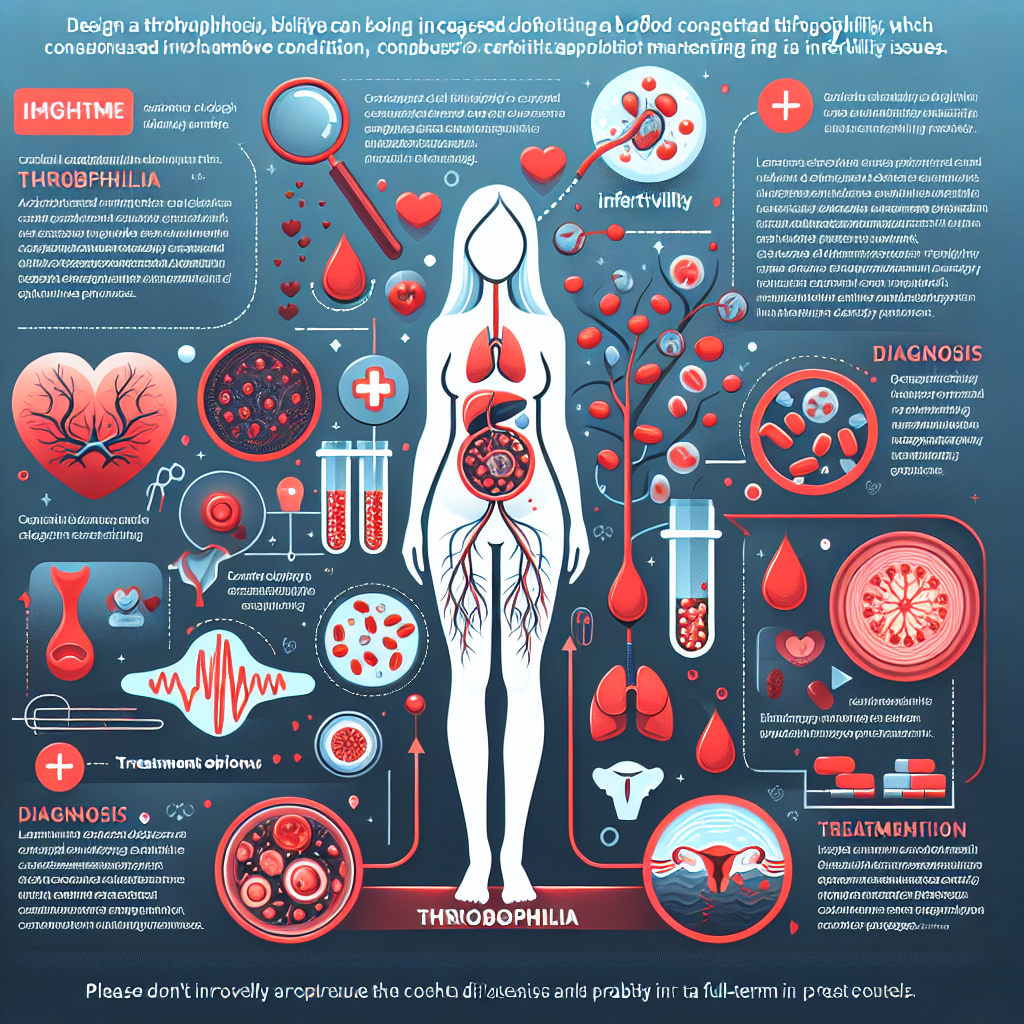Child Development: A Complete Guide to the Essential Stages
Introduction
When it comes to raising and developing children, parents and caregivers face many challenges and joys. By providing a stimulating and loving environment, they aim to provide children with a solid foundation for their success in life. In this article, we will explore the essential stages of a child's development, providing parents with valuable information to understand and support this complex process.
Physical Development
The first chapter of our child development story begins with physical development, which refers to the growth and bodily changes that occur during childhood. It is obvious that a child goes through many stages of physical development, from newborn to adolescence. By going through this section, parents can learn about key indicators of healthy development, such as motor coordination, muscle strength, and the ability to control fine and gross movements.
Cognitive Development
Along with physical development, cognitive development plays an essential role in the formation of the child. This domain includes processes such as learning, memory, problem solving, and abstract thinking. Early education strategies are essential to encourage cognitive development and help children reach their full potential. By discussing important theories – such as those proposed by Piaget or Vygotsky – parents can gain a better understanding of how children learn and process information.
Emotional and Social Development
As children grow, they also develop their emotions and social skills. From building a healthy self-image to learning empathy and relating to others, this section is critical. We also discuss the importance of setting boundaries and discipline in a way that does not inhibit the child's emotional expression. Parents can learn how to recognize and respond appropriately to their children's emotional needs, helping them develop positive relationships and manage their feelings effectively.
Language and Communication
Language development is a fundamental part of a child's growth and is the foundation for later success in reading and writing. This section covers the stages of language development, from early stuttering to the formation of complex sentences. Parents will learn about methods of stimulating speech and communication skills and discover how important their role is in this aspect of child development.
Moral and Values Development
In addition to intellectual and emotional development, children need to learn about the morals and values that form the basis of society. Here, we discuss the transmission of cultural and ethical norms and how parents can model moral behaviors through example and educational storytelling. This section provides strategies for teaching children about justice, integrity, and respect for others.
Health and Safety
Every parent wants their child to be safe and healthy. Here, we explore topics related to nutrition, exercise, and sleep, all essential for optimal child development. We also look at accident prevention and first aid, giving parents practical advice to protect their children's health and safety.
Conclusion
In conclusion, let's remember that child development is a complex and unique process for each individual. As parents or caregivers, our role is to provide the support and resources necessary for each child to reach their full potential at each of these critical stages. Therefore, this guide can work as a valuable resource in guiding and encouraging children throughout their journey of growth and development.














































































































































